Nurse Burnout Prevention: What Should You Do?
While it can be hard to prevent it entirely, there are ways that nurses can reduce long term effects of burnout and how often they experience symptoms. Let’s look at some of the most helpful nurse burnout prevention steps.

When you first hear the word burnout, it might seem like something you can fix with one night of good sleep. But unfortunately, it isn’t that simple.
Burnout is a diagnosable condition resulting from the stressors at a workplace. Its new definition relates to chronic workplace stress that isn’t successfully managed. Because this condition results from stress, it can lead to other mental health conditions if it stays unmanaged.
Health workers in general experience this condition more than people from any other field, but nurses especially face high rates. One-third of all nurses report emotional exhaustion that qualifies as “high burnout.”
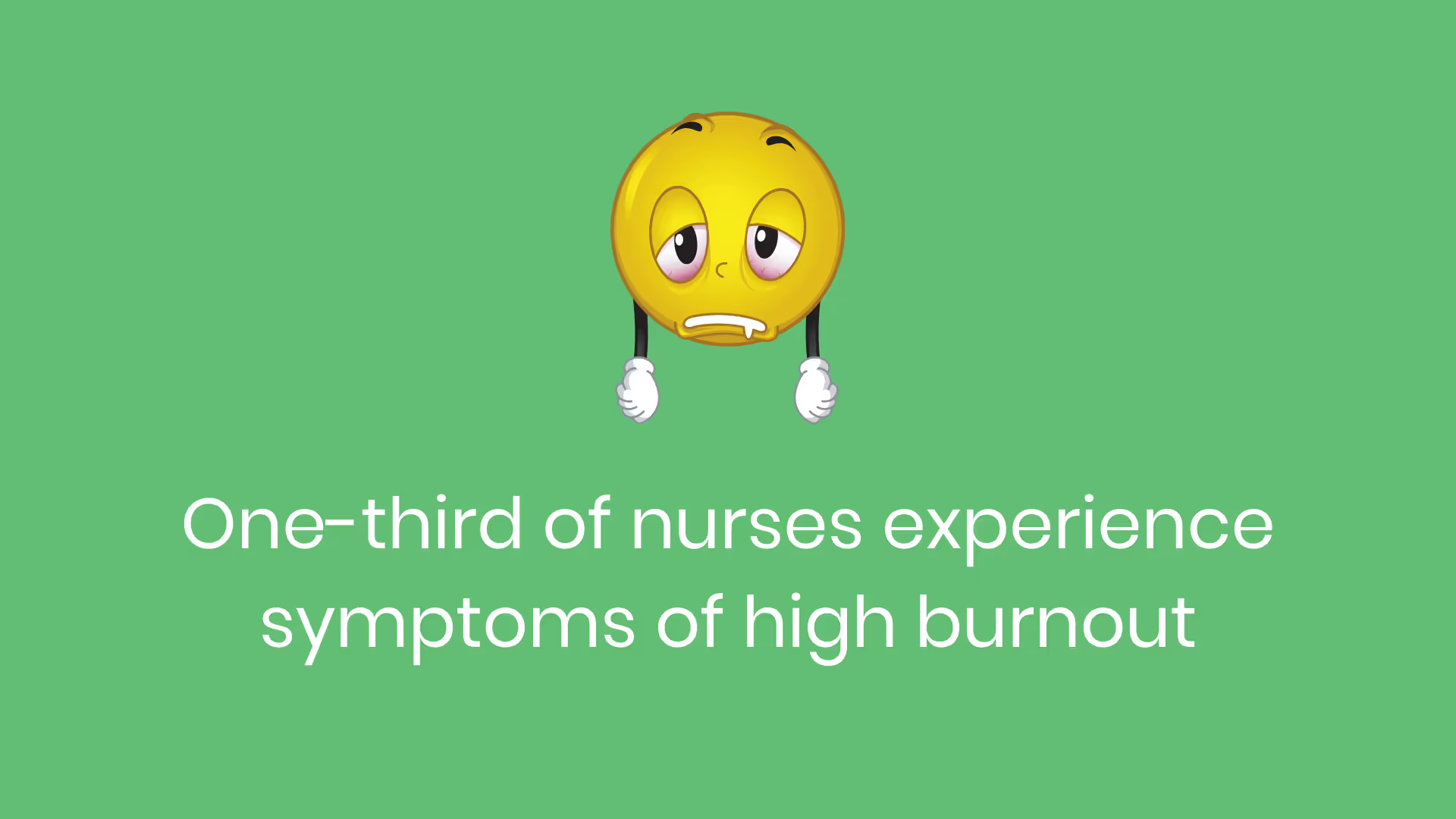
It’s common among nurses because they deal with the emotional strain of suffering or lost patients and grieving families. This is on top of long shifts and fast-paced, emergency situations.
When people who care for others are struggling with their mental health, they need to take action to manage it. But it’s even better to prevent burnout in order to avoid it altogether.
While it can be hard to prevent it entirely, there are ways that nurses can reduce long term effects and how often they experience symptoms. Let’s look at some of the most helpful nurse burnout prevention steps.
Exercise and Eat Well
It’s no secret that taking care of your physical health also boosts our mental wellness. Physical activity, diet, and sleep all play a role in stress levels.
Exercise produces endorphins, a chemical that improves the ability to sleep. Stress, depression, and anxiety often disrupt sleep so this can help get you back into a consistent schedule.
These endorphins also happen to reduce stress. Physical activity increases self-confidence, relaxation, and lowers symptoms associated with depression and anxiety.
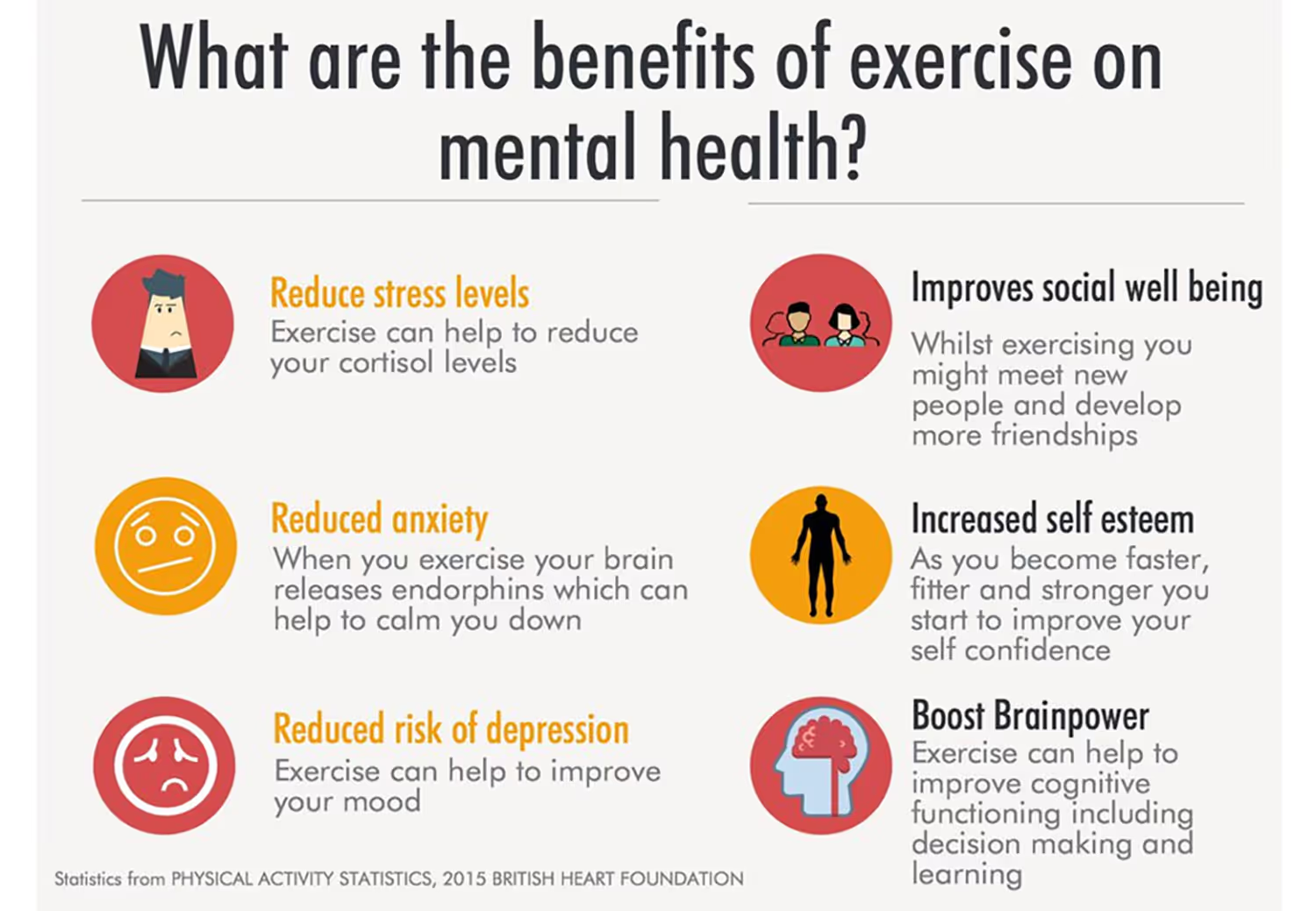
Some nutrients like complex carbohydrates from whole grains, fruits and vegetables improve mental health so it’s necessary to have a well-balanced diet, especially if you start suffering from the initial signs of burnout. Certain foods boost energy and reduce levels of stress hormones. While other foods will boost the immune system.
Since stress weakens our health and immunity, it’s important to fill up on foods that can help prevent getting sick. This is even more necessary when you’re dealing with burnout since missing work or feeling slowed down from being sick will only cause trouble for you.
I already mentioned how exercise can improve sleep, it just so happens that getting enough of it is also an important aspect to preventing burnout as a nurse.
You already work long hours as a nurse, especially if you work several days in a row. This leaves you with less time for personal activities and a weird schedule. Thus, you might not get enough sleep.
Working through the night also happens to disrupt our natural circadian rhythms which makes it hard to keep a consistent schedule. But, inadequate sleep causes irritability and stress. If you don’t take care of this aspect, it can lead to mood disorders like depression and anxiety.
Spend Time with Family and Friends
Social interactions are necessary for well-being, and over half of Americans say they could use more emotional support.
A support system from our social circles even makes it easier to handle problems.
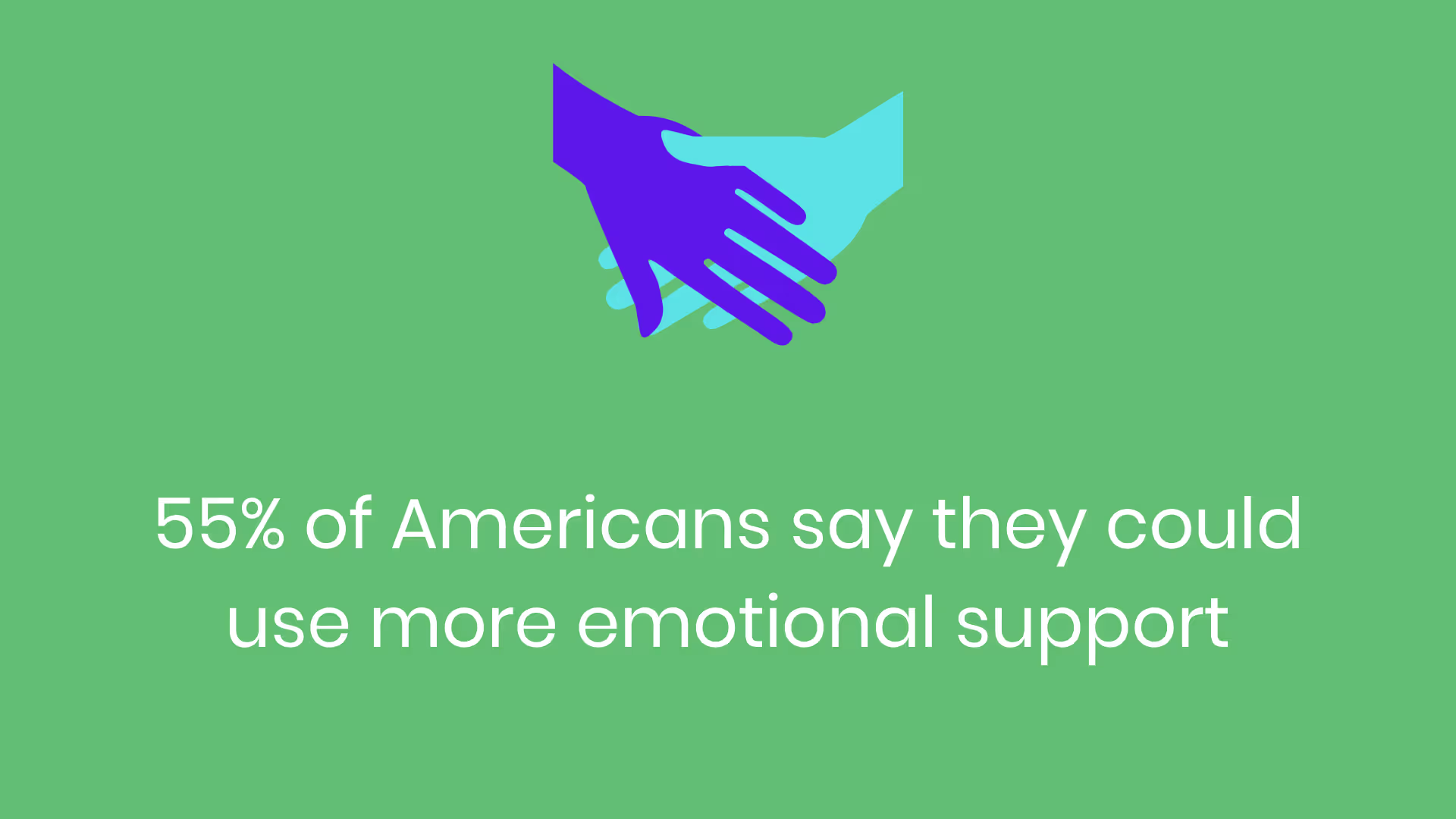
Having more time with friends and family reinforces this support system. It’s a reminder that there are people to help when you’re feeling overwhelmed. It’s also a good way to alleviate stress in general because it distracts you from always focusing on work or external problems.
It’s more important to spend time with people outside of work depending on the type of nurse you are. Many people go into this field because they love the patient interaction, but not all every aspect of nursing is interactive.
For example, some nurses only see patients right out of surgery so they don’t even get the chance to engage with them.
Furthermore, specialized units like neonatal intensive care units limit nurses to how many people they can be social with at work. This is why they need to spend time with family and friends to continue their interactions outside of work.
Establish a Support System with Your Peers
Family and friends aren’t the only support system you need for preventing burnout. They may listen attentively but they won’t truly understand the stresses of your job. While you need social connections outside of work, it’s still important to have a support system with your colleagues.
These can be with coworkers or even other professionals online. There are groups on social media that you can join to get advice and support on your job. Just be careful with these and make sure you don’t face a HIPAA violation for oversharing information.
You can also give your support based on your experiences. Regardless, these are a great way to remember you aren’t alone, and there are others with advice for overcoming similar workplace challenges.
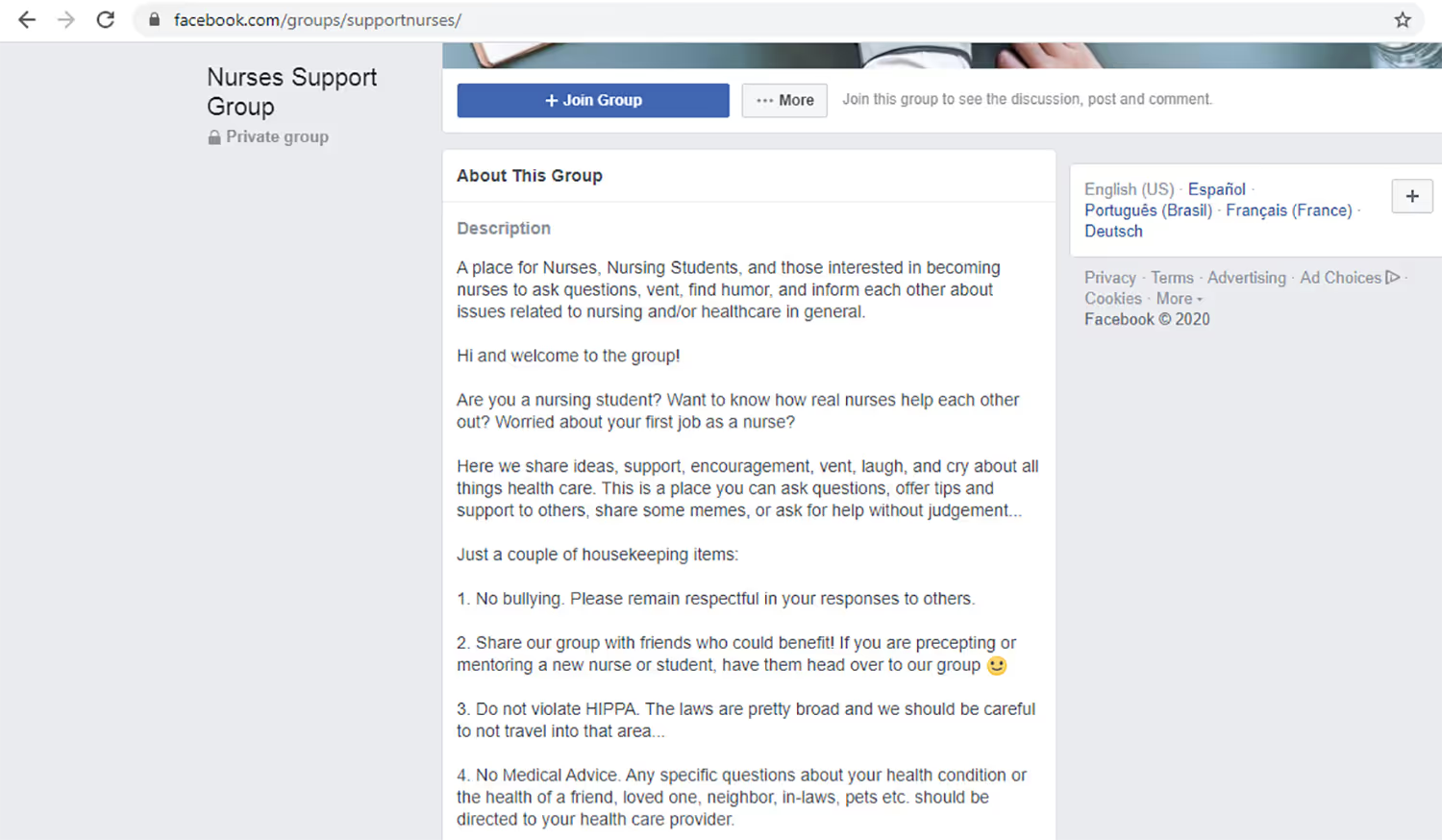
Identify Areas of Control
It isn’t uncommon to want a sense of control. When we feel out of control, we experience tension.
Healthcare is a field where so many things can fall out of a nurse’s power. A nurse can’t force a patient to stay compliant with their medication plan or convince a doctor what’s best for them.
They also don’t have power over hospital administration. This can become stressful because they get the sense that they aren’t giving the best care that they can even if it isn’t their fault.
And if nurses experience stress feeling as though they have no authority, they also lose their sense of control over their emotional health. We can understand this by looking at Maslow’s hierarchy of needs.
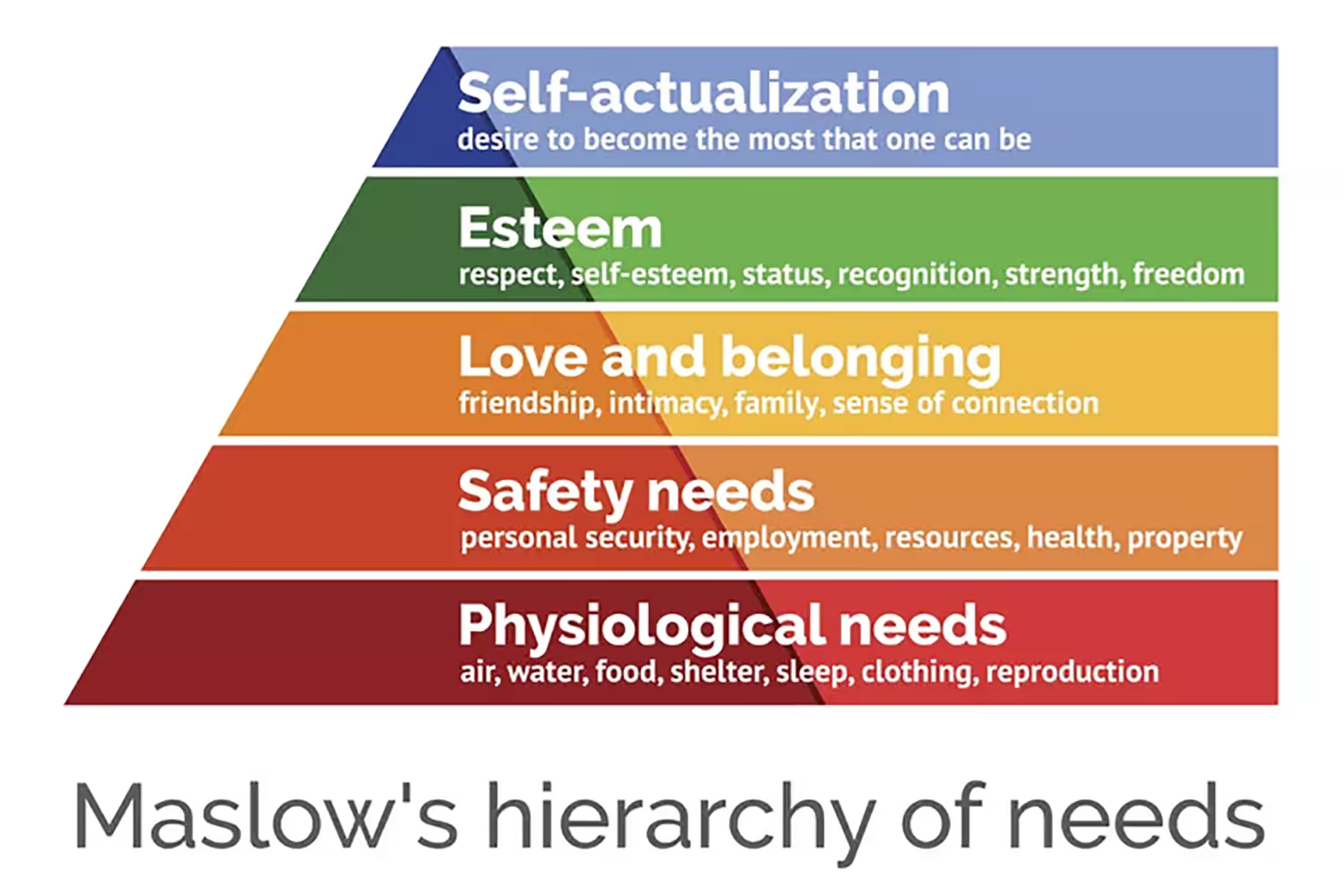
Psychologist Abraham Maslow defined this hierarchy of lower-level and higher-level needs. If we aren’t meeting our lower-level needs, then we abandon the higher-level so we can fulfill the physical needs.
While a sense of control is necessary, so is the need for health, food, and sleep which contribute to burnout. You have power over these physical aspects which all help mindfulness, so you should focus on these aspects first.
Identifying the areas at work you don’t have control over will help you accept the things you shouldn’t worry about. Then you can focus on the things that you can have a positive impact on. This will make you feel more fulfilled in the parts of your job that you specialize in, and you’ll be able to take more control over your health.
Switch Your Focus
Let’s face it, part of your work stress might be because you don’t enjoy what you’re doing.
I’m not saying to give up on nursing and switch career paths. Instead, I’m referencing the statistic that over 50% of nurses have considered leaving the profession because of burnout.
Maybe all you need is a shift in your focus.
There are over 100 different types of nursing, there are so many different directions you could go. Maybe the high pressure of the intensive care unit could be too much to handle. Or maybe you’re the opposite and working on a medical-surgical floor is too slow and you crave a little more excitement.
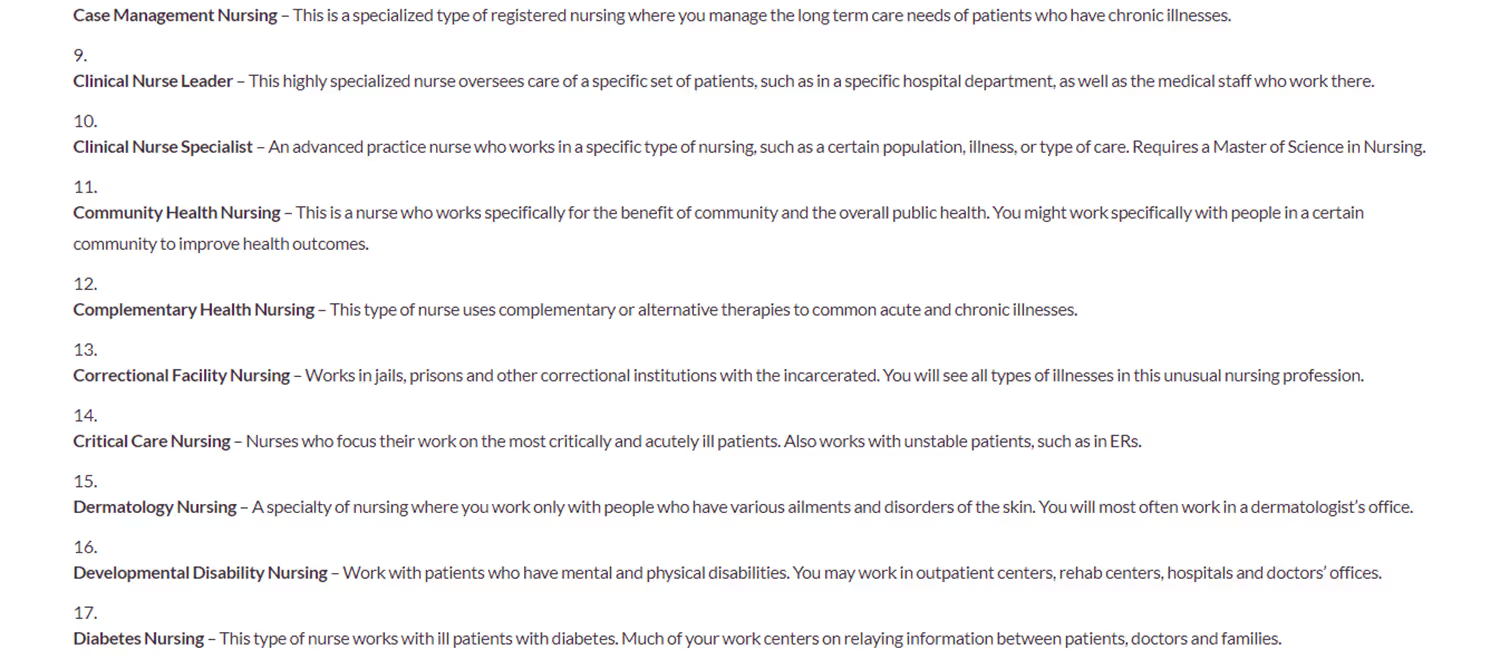
Whatever it is, identifying the parts about your unit that causes you unhappiness at work could help readjust your focus and refresh you on your passion.
It might be a new unit, working with different patients, or working in an entirely forgein facility altogether.
Adjust Your Schedule
Something else that may vary is the type of work schedule you’ll have.
Finding a schedule that works for you helps with burnout prevention. If it’s the type of shift that’s causing you distress, consider making a shift change. Talk with your manager to see if it’s possible.
Rotating shifts lead to burnout since it’s hard for your body to adapt to a changing sleep schedule. If you’re a parent, a night shift might be hard because you’re up all night at work and then come home to kids who need your attention.
While the pay differential might be more appealing for working nights, it isn’t for everyone. It might be worth sacrificing a few extra dollars per hour for improved mental health.

Working too many days in a row could wear you out if you work long shifts. Consider trading shifts with a coworker if you get stuck with too many consecutive days.
If you have some say over your schedule, it could help to have a day in between to recover. It might sound nice to have three days on, seven days off, and four days on. But your body might get confused with the abrupt changes, and you’ll feel worn out before your consecutive shifts are over.
Sometimes, it’s not your schedule but rather you just need to take a small vacation. Treat yourself every once in a while to using a few days off so you don’t need to focus on your work responsibilities. Just because you aren’t going somewhere doesn’t mean you can’t take days off to relax by yourself at home.
As of 2016, Americans were taking less vacation time than what they had available to them.
People often feel guilty for having to miss work, but it’s important to our mental health to get a break. Especially with a profession that’s so demanding, you should take advantage of the time off as a nurse.
Make Time for Yourself
Like I just mentioned, make sure you treat yourself to some time off of work. You can use this to take a small vacation or just have downtime for yourself. Even if you can’t request time off work, it’s important to set aside some free time for just yourself.
Outside of work time, you might still be busy with other things. But if you’re constantly on the go, it makes it hard to feel rejuvenated when you get back to work. And the more tired you are, the more distracted you’ll be to effectively care for patients.
One sign of burnout is a lack of enjoyment for things you once liked to do. The more you focus on work, the less enthusiastic you’ll be for other activities. Make sure you find time for what you like to do outside of work so it doesn’t consume you.
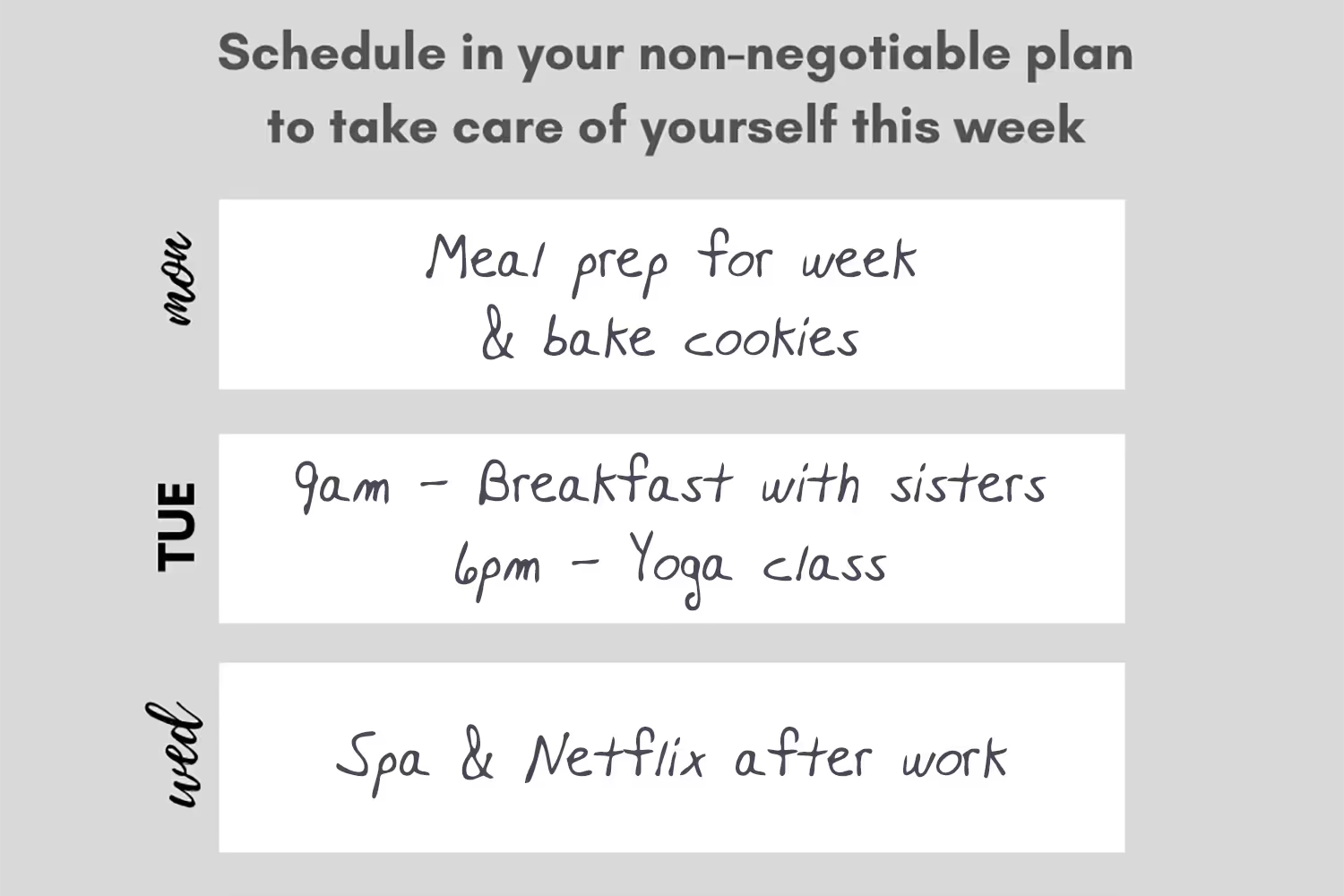
It can help to plan out a schedule for yourself. This could be as simple as scheduling to read a chapter of a book each night before bed or watching a movie on an evening off. Some hobbies stimulate the brain to improve mental health, but it’s also nice to completely unwind.
Whatever the activity is, you should make this “me-time” part of your schedule. Self-care gives you something to look forward to while you’re at work and leaves you feeling refreshed for when you return.
Set Yourself Limits
Setting limits makes you less likely to overwork yourself. Another main sign of burnout is feeling like work is taking over your life. You need to set these limits for burnout prevention so that you don’t push your boundaries of what you can handle.
It can be tempting to pick up extra shifts, schedule more days in a row to get more consecutive days off or work overtime when asked. But again, you need to consider your schedule and what works best for your mental health. If the extra money is going to cause more stress for you, it might not be worth it.
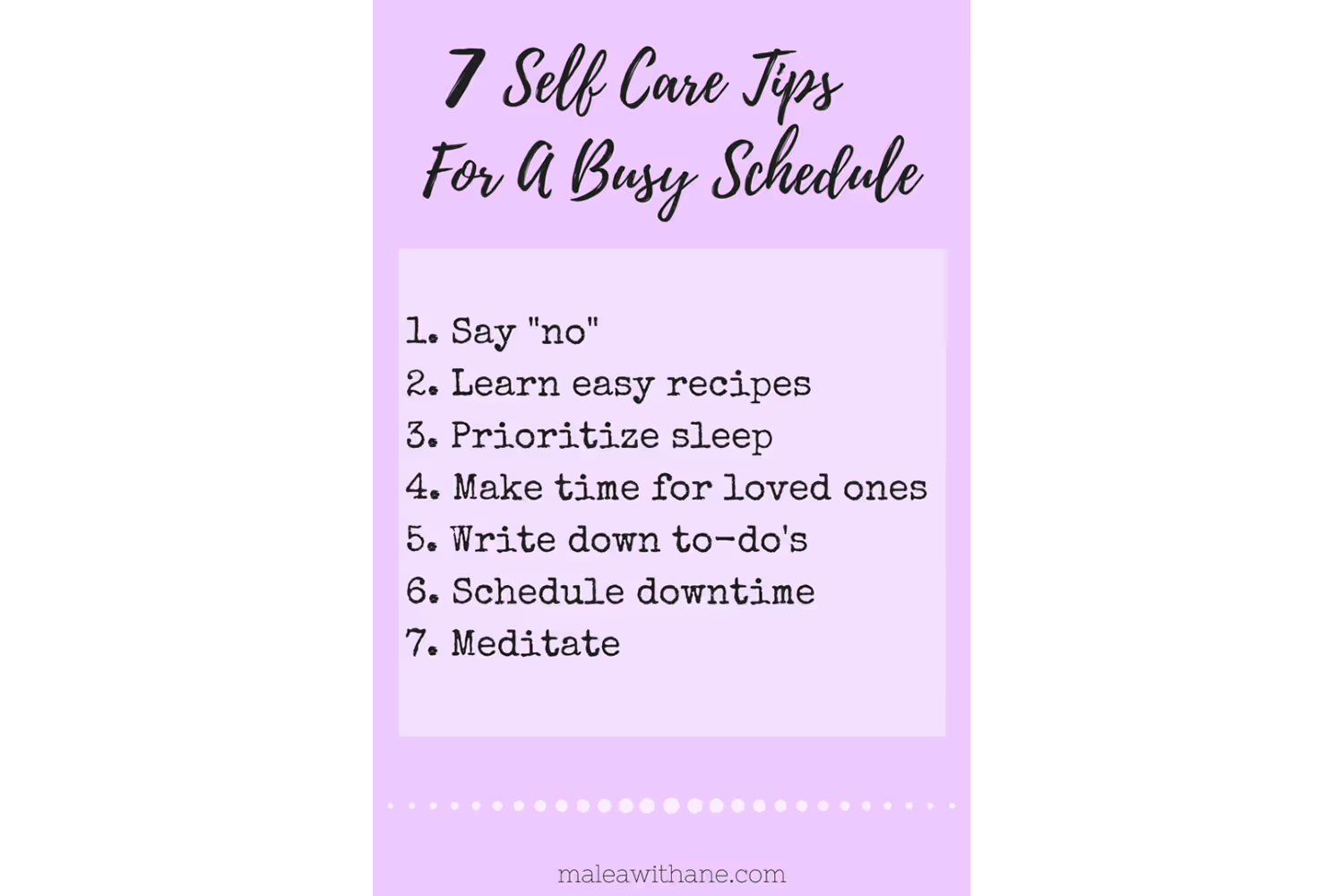
You need to take time for yourself and social activities so work doesn’t consume you. If you spend too much time at work, it will become too much of your focus. You might feel accomplished by working so much, but becoming a workaholic isn’t healthy.
Workaholics report increased health complaints, sleep problems, cynicism, emotional exhaustion, and depressive feelings.
Too much focus on work will cause burnout and then you’ll end up feeling stressed when you aren’t there since it’s all you focus on. Make sure you stick to your boundaries so you don’t overextend yourself.
Get Involved To Make Things Better
If there are parts of your job that could change to improve the work environment and culture, get involved to make it happen. Talk with your facility’s committees for coming up with burnout prevention policies.
If there are positive changes to improve workloads and the workplace, make them known.
Administration and doctors have different roles than you, so they might not see the same need for change.
Taking initiative makes it look like you care about the company’s growth, and it can open up a discussion for solving other problems. It can even set an example for other employees to share their ideas as well.
It's OK to Seek Help
Finally, seek help if all else fails. If you’re struggling to prevent or manage your burnout symptoms, it’s OK to get help. There’s a stigma surrounding mental health, especially for healthcare workers.
The nature of these jobs makes individuals feel guilty for admitting that they need help. They take care of others so they think they aren’t supposed to need help too. But we’re all human, and everyone needs a lifeline sometimes
Nurses also fear that getting help could put their job at risk.
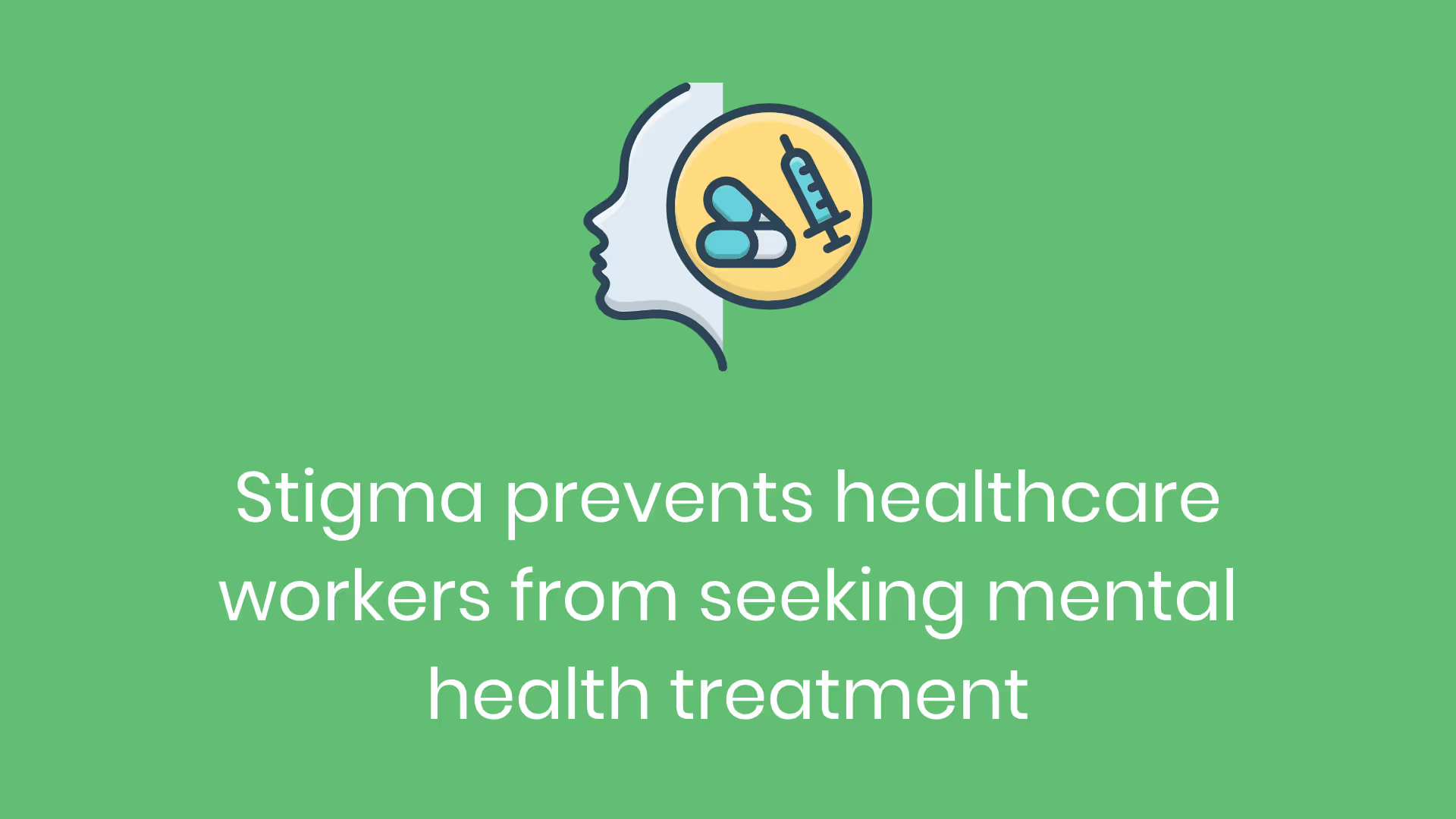
When burnout goes untreated it can lead to other mental health conditions such as depression.
The bottom line is that this disease plagues 18% of hospital nurses, more than double the rate of the general population. It’s difficult to take care of others if you haven’t taken care of yourself first.
You don’t necessarily need to see a mental health professional. Talking with a career coach can benefit you in managing burnout. They can help you identify the challenges of your job that are causing stress and give tips for how to manage those. This can also lead to discovering aspects you want in your position so you can make changes.
Conclusion
It can be difficult to handle chronic workplace stress, especially when you’ve dedicated so much time to get to where you are in your career. But without trying to manage or prevent it, burnout can lead to other mental health conditions.
Fortunately, there are tricks for nursing burnout prevention. Making a conscious effort to focus on physical health and taking personal time apart from work benefits mental health so much.
Recognizing the parts that you don’t have control over refocuses you on the things you can change.
Some of these changes might mean job adjustments such as schedule or specialty changes. But nursing has a large variety of options which makes these changes easy. Getting help from another professional can help you identify the changes you need to make to manage your burnout.
Emphasize your product's unique features or benefits to differentiate it from competitors
In nec dictum adipiscing pharetra enim etiam scelerisque dolor purus ipsum egestas cursus vulputate arcu egestas ut eu sed mollis consectetur mattis pharetra curabitur et maecenas in mattis fames consectetur ipsum quis risus mauris aliquam ornare nisl purus at ipsum nulla accumsan consectetur vestibulum suspendisse aliquam condimentum scelerisque lacinia pellentesque vestibulum condimentum turpis ligula pharetra dictum sapien facilisis sapien at sagittis et cursus congue.
- Pharetra curabitur et maecenas in mattis fames consectetur ipsum quis risus.
- Justo urna nisi auctor consequat consectetur dolor lectus blandit.
- Eget egestas volutpat lacinia vestibulum vitae mattis hendrerit.
- Ornare elit odio tellus orci bibendum dictum id sem congue enim amet diam.
Incorporate statistics or specific numbers to highlight the effectiveness or popularity of your offering
Convallis pellentesque ullamcorper sapien sed tristique fermentum proin amet quam tincidunt feugiat vitae neque quisque odio ut pellentesque ac mauris eget lectus. Pretium arcu turpis lacus sapien sit at eu sapien duis magna nunc nibh nam non ut nibh ultrices ultrices elementum egestas enim nisl sed cursus pellentesque sit dignissim enim euismod sit et convallis sed pelis viverra quam at nisl sit pharetra enim nisl nec vestibulum posuere in volutpat sed blandit neque risus.

Use time-sensitive language to encourage immediate action, such as "Limited Time Offer
Feugiat vitae neque quisque odio ut pellentesque ac mauris eget lectus. Pretium arcu turpis lacus sapien sit at eu sapien duis magna nunc nibh nam non ut nibh ultrices ultrices elementum egestas enim nisl sed cursus pellentesque sit dignissim enim euismod sit et convallis sed pelis viverra quam at nisl sit pharetra enim nisl nec vestibulum posuere in volutpat sed blandit neque risus.
- Pharetra curabitur et maecenas in mattis fames consectetur ipsum quis risus.
- Justo urna nisi auctor consequat consectetur dolor lectus blandit.
- Eget egestas volutpat lacinia vestibulum vitae mattis hendrerit.
- Ornare elit odio tellus orci bibendum dictum id sem congue enim amet diam.
Address customer pain points directly by showing how your product solves their problems
Feugiat vitae neque quisque odio ut pellentesque ac mauris eget lectus. Pretium arcu turpis lacus sapien sit at eu sapien duis magna nunc nibh nam non ut nibh ultrices ultrices elementum egestas enim nisl sed cursus pellentesque sit dignissim enim euismod sit et convallis sed pelis viverra quam at nisl sit pharetra enim nisl nec vestibulum posuere in volutpat sed blandit neque risus.
Vel etiam vel amet aenean eget in habitasse nunc duis tellus sem turpis risus aliquam ac volutpat tellus eu faucibus ullamcorper.
Tailor titles to your ideal customer segment using phrases like "Designed for Busy Professionals
Sed pretium id nibh id sit felis vitae volutpat volutpat adipiscing at sodales neque lectus mi phasellus commodo at elit suspendisse ornare faucibus lectus purus viverra in nec aliquet commodo et sed sed nisi tempor mi pellentesque arcu viverra pretium duis enim vulputate dignissim etiam ultrices vitae neque urna proin nibh diam turpis augue lacus.


.avif)

